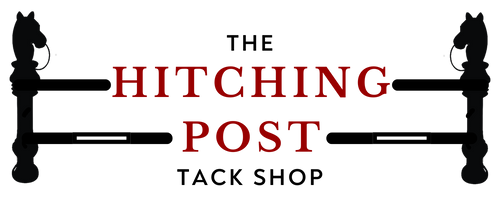
What You Need to Know Before Shopping for a Horse
Buying a horse is an exciting and rewarding experience, but it's important to be well-informed before making such a significant commitment. Whether you're a first-time buyer or an experienced equestrian, there are certain must-knows and must-do's that can help ensure a successful purchase. In this blog post, we will explore the key considerations and steps to take before and when buying a horse. The best thing to do when looking into purchasing a horse is to consult professionals. That can be trainers, barn managers, veterinarians, or other horse experts. These people will have more experience in fitting you with the perfect horse and watching out for the red flags when purchasing horses.
What are the essential factors to consider before buying a horse?
Before buying a horse, it's crucial to evaluate your own experience level, riding goals, and available resources. Consider the following:
- Your level of riding experience: Horses have different temperaments and training requirements, so it's important to choose a horse that matches your skill level.
- Your riding goals: Are you planning to compete in shows, go on trail rides, or simply enjoy leisurely rides? Different horses excel in different disciplines, so choose one that aligns with your goals.
- Your available time and resources: Horses require daily care, exercise, and regular veterinary and farrier visits. Make sure you have the time, finances, and facilities necessary to provide proper care for a horse.
What should you do when evaluating a potential horse?
When you find a horse that interests you, it's essential to thoroughly evaluate the horse before making a purchase. Here are some important steps to take:
- Get a pre-purchase veterinary exam: A veterinarian can assess the horse's overall health, soundness, and suitability for your intended use. This exam may include a physical examination, lameness evaluation, and diagnostic tests.
- Test ride the horse: Spend time riding the horse in different settings to assess its behavior, responsiveness, and compatibility with your riding style.
- Observe the horse's ground manners: Pay attention to how the horse behaves on the ground, including its behavior during grooming, tacking up, and handling by others.
- Ask for a trial period: If possible, request a trial period to spend more time with the horse and ensure it's the right fit for you.
What are the ongoing responsibilities of horse ownership?
Once you've purchased a horse, it's important to be prepared for the ongoing responsibilities of ownership. These include:
- Proper nutrition: Provide a balanced diet tailored to the horse's age, breed, and activity level.
- Regular exercise: Ensure the horse receives regular exercise to maintain physical and mental well-being.
- Routine veterinary care: Schedule regular check-ups, vaccinations, dental care, and deworming to keep the horse healthy.
- Farrier visits: Schedule regular visits from a farrier to maintain proper hoof care.
- Stable management: Maintain clean and safe stabling conditions, provide fresh water, and ensure proper ventilation.
By considering these must-knows and must-do's before and when buying a horse, you can make an informed decision and set yourself up for a successful and fulfilling partnership with your new equine companion. Remember, owning a horse is a long-term commitment, so take the time to do your research and find the perfect horse that suits your needs and aspirations.

Leave a comment